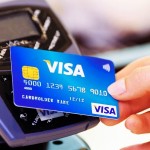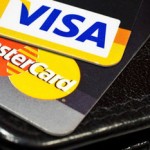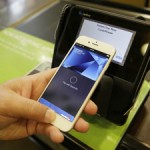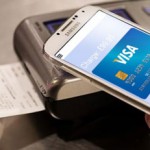Use of contactless payments in UK overtakes cheques in 2016
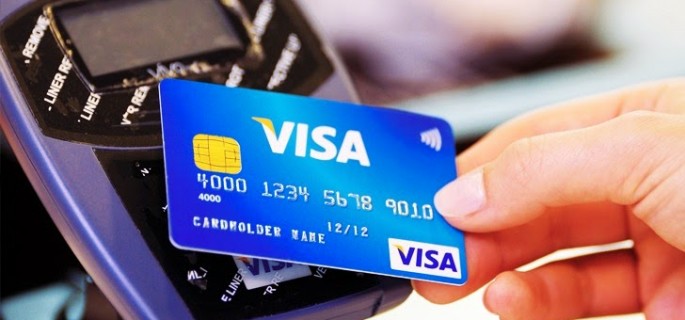
For the first time, Brits are more likely to make a payment using a contactless card than a cheque book.New research from Mintel reveals that cheques have been used by less than one third (31%) of Brits in the past three months*, down from 40% who used them to make a payment in 2015. As a result, cheques are now the least likely method Brits choose to part with their cash, behind contactless debit cards (39%) and contactless credit cards (34%).
Indeed, the use of contactless cards has soared over the past year. While just 28% of Brits used a contactless debit card to make a payment in 2015**, this has grown by 11 percentage-points in the past year to reach 39%. Similarly, usage of contactless credit cards has risen by six percentage-points to reach 34% of Brits, up from 28% in 2015.
However, while cheques look set to be relegated to the history books, Brits aren’t yet ready to shed the pounds in their pockets. Mintel research indicates that over half (54%) of Brits are not comfortable about the potential for a completely cashless society***, rising to three in five (61%) of those over the age of 45 and 68% of those over the age of 65. Today, use of pounds, pennies and notes is near universal with 97% of Brits having used cash in the three months to April 2016, making this the most common payment method.
Rich Shepherd, Financial Services Analyst at Mintel, said:
“Part of the reason for the rapid increase in the use of contactless cards is the simple fact that they are now much more widely accepted. They’ve moved beyond coffee shops and sandwich bars and are now entirely commonplace. However, the real shift in behaviour has only come over the last few years. It’s easy to forget that contactless cards were first launched back in 2007, meaning that the technology has been on British high streets for almost a decade. People’s payment habits change slowly, as can be seen with the cheque’s stubborn refusal to disappear from the payments landscape.”
Furthermore, Mintel research reveals that mobile payments have been made by one third (34%) of smartphone owners in the 12 months to April 2016, with 17% using them to make a payment to a retailer using an online payment system and the same proportion (17%) using them to pay in a shop or restaurant.
However, the majority of Brits still holds concerns over the security of their data when making a mobile payment. Over three quarters (77%) of Brits say that they would be concerned about the security of the their data if their phone were to be lost or stolen. Similarly, 76% say that they are concerned about the risk that hackers might be able to make fraudulent transactions.
Aside from security, the majority of consumers are also concerned over the reliability and usability of mobile payments. Over half (56%) of Brits say that they would be concerned about being unable to access a clear digital record or receipt for the payments they’ve made, while 54% are concerned about being unable to pay for anything if their phone runs out of battery.
What’s more, 51% of those who own a smartphone, tablet or wearable device think it’s more convenient to pay for things using other payment methods rather than a smartphone.
“The recent growth of contactless card usage and the widespread availability of contactless terminals mean that mobile payments should face less resistance from consumers than contactless cards did. However, the fact that contactless payments took nearly a decade to become a mainstream payment method suggests that mobile services will go through a similarly extended journey to widespread use.” Rich comments.
On the other hand, Mintel research highlights that while convenience isn’t enough to change payment habits, many consumers would be encouraged to use this type of payment in exchange for incentives. Over two in five (46%) of those who have a smartphone, tablet, or a wearable device say that they would be more likely to pay for things using their smartphone if they were offered rewards.
Furthermore, additional help with money management would also be a pull for many consumers as 40% say that they would be interested in using a mobile app to keep track of their spending and planning their finances, rising to 62% of those aged 16-24.
“Our research suggests that promoting the convenience of mobile payments isn’t enough and that consumers are more likely to respond to incentives in the form of rewards. Additionally, transforming mobile payment services into more than just point-of-sale transaction methods is another opportunity to increase their appeal and usage.”
Source: Mintel









